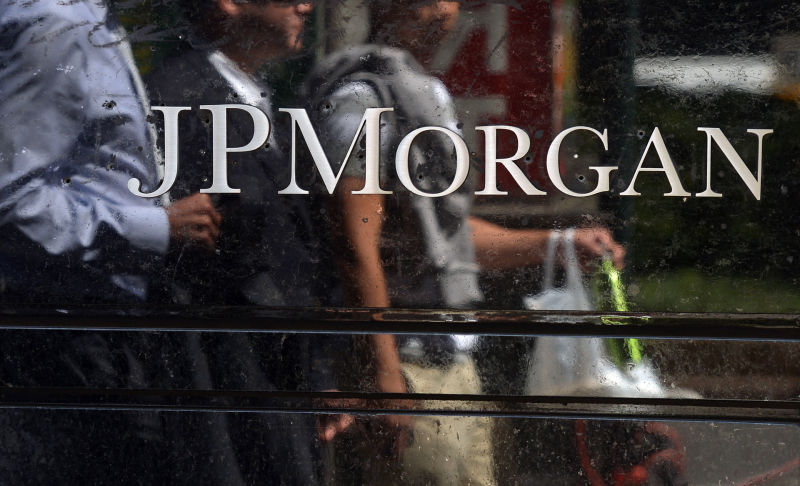One of the nation's largest banks will pay $100 million to settle a California lawsuit alleging it used illegal methods to collect debts from more than 125,000 credit card holders, California Attorney General Kamala Harris announced Monday.
JPMorgan Chase & Co. will pay an estimated $10 million to consumers in California as part of a previously announced $50 million national agreement, and will pay another $50 million in penalties to the state to settle a 2013 lawsuit.
It is agreeing to change practices that the state says violated California law and led the company to file thousands of debt collection lawsuits between 2008 and 2011. They include collecting incorrect amounts, selling bad credit card debt, and running what Harris' office calls a debt collection mill that "robo-signed" court documents.
The deal includes reimbursing military members in California in cases where the company improperly obtained default judgments. The state says the company failed to check if customers were on active military duty but falsely swore it had done so.

"This settlement provides real relief to tens of thousands of Californians, including servicemembers, and prevents JPMorgan Chase from continuing these deceptive and illegal debt collection practices," Harris said in a statement.
